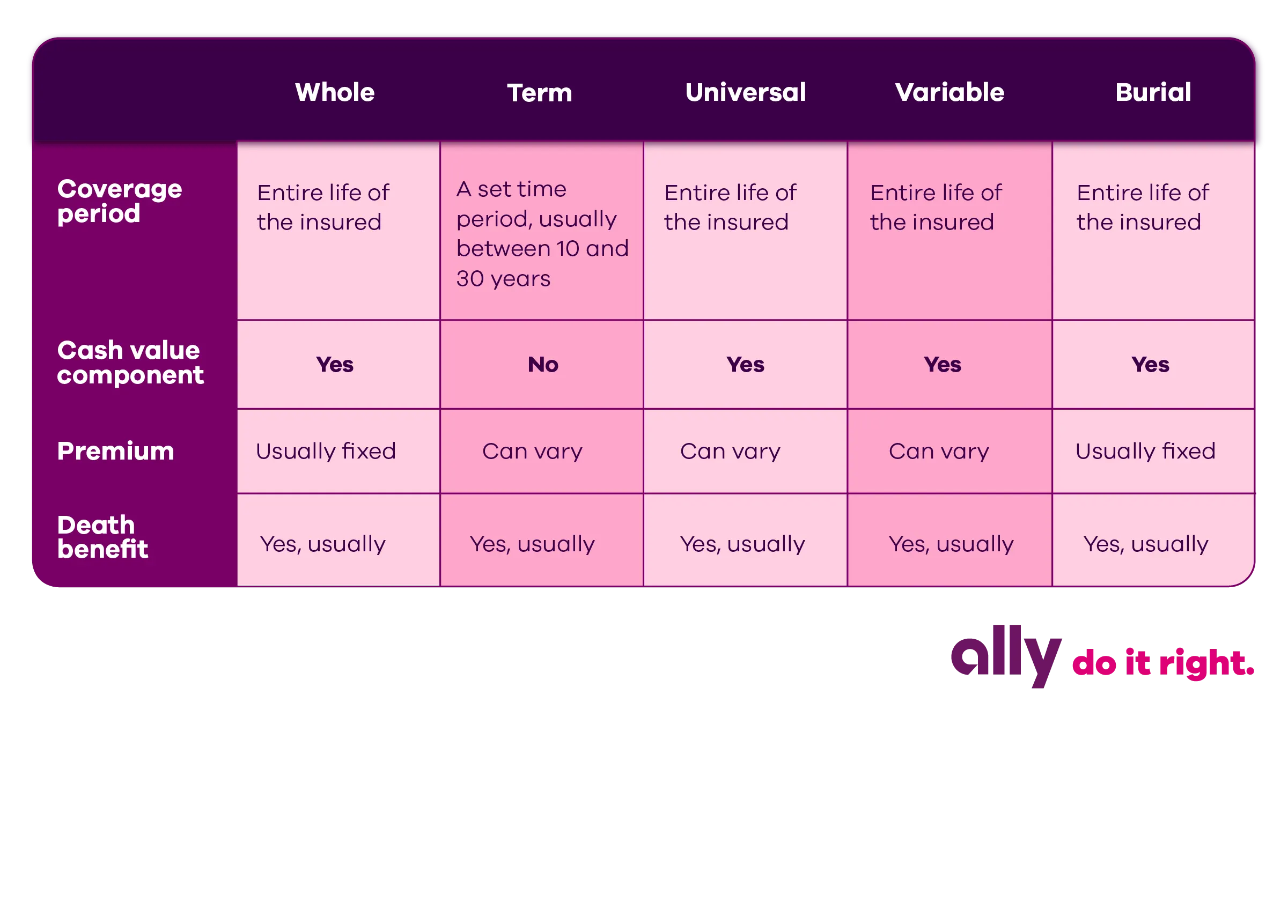Caldas Total Insights
Your go-to source for the latest news and informative articles.
Insurance Policies: The Hidden Costs Nobody Talks About
Discover the hidden costs of insurance policies that could cost you thousands. Don't get caught off guard—learn what insurers won’t tell you!
Understanding Your Insurance Premium: What Are You Really Paying For?
Understanding your insurance premium can be a daunting task, especially when you're trying to figure out what you're really paying for. An insurance premium is the amount you pay for your insurance coverage, whether it’s health, auto, or home insurance. Several factors contribute to the cost of your premium, including age, location, coverage level, and claims history. For a deeper look into what typically affects insurance premiums, visit Investopedia.
It's also important to differentiate between the premium and the deductible. While your premium is the ongoing cost to maintain your policy, the deductible is the amount you must pay out-of-pocket before your insurance coverage kicks in. Understanding this distinction can help you make informed decisions about your insurance needs. For tips on how to lower your premiums without sacrificing coverage, check out Money Crashers.

Uncovering the Hidden Fees in Your Insurance Policies
When reviewing your insurance policies, it's crucial to uncover hidden fees that could significantly impact your overall costs. Many policyholders are unaware that their premium is not the only expense they may incur. Common hidden fees include administrative costs, policy fees, and various surcharges. According to a report from Consumer Reports, these extra charges often go unnoticed and can add up to hundreds of dollars each year. To avoid any surprises, it's essential to thoroughly read your policy documents and ask your agent for a detailed explanation of all charges.
Another area where hidden fees lurk is during the claims process. Insurers may impose deductibles and co-payments that can catch policyholders off guard when they need assistance the most. It's advisable to check your policy for any clauses that specify additional out-of-pocket expenses. Furthermore, the National Association of Insurance Commissioners provides resources to help consumers understand their rights and obligations regarding fees. Being aware of these hidden charges not only empowers you as a consumer but also ensures that you get the best value from your insurance coverage.
Are You Overpaying? Common Misconceptions About Insurance Costs
Insurance can be a confusing landscape, often leading consumers to feel unsure about what they should be paying for coverage. One common misconception is that the cost of insurance is solely determined by the price quoted by the provider. In reality, various factors influence these costs, including your location, claims history, and even credit score. For a deeper understanding of how these factors come into play, check out this insightful article on Investopedia.
Another prevalent myth is the belief that higher premiums always equate to better coverage. While it's true that some policies with higher costs offer more extensive protection, many affordable options provide adequate coverage without the inflated price tag. It's essential to shop around and compare different policies to ensure you're receiving the coverage you need without unnecessary expenses. The Insurance Information Institute provides a comprehensive guide on choosing insurance wisely, helping you to avoid overpaying while securing the right policy for your needs.